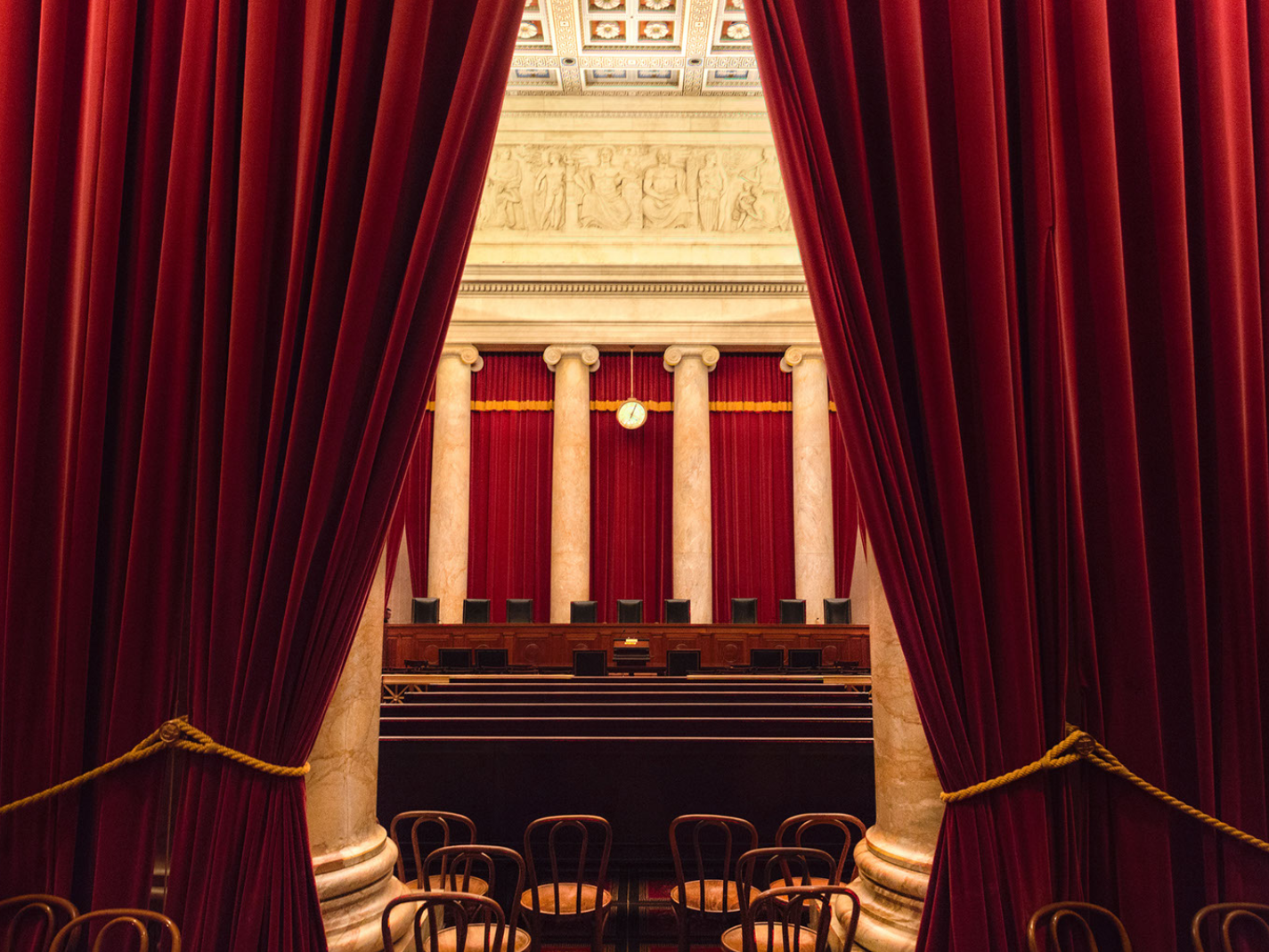
The recent ruling of the Supreme Court of the United States declaring unconstitutional affirmative-action preferences in college and university admissions is a vindication of the noble objectives of the original Civil Rights Movement, encapsulated in Martin Luther King’s iconic commandment at the Lincoln Memorial in August 1963 that people be judged on the basis of their character, rather than on the basis of their race.
The responses to the ruling from leaders of universities in my home state of Connecticut were very different. In press reports, none praised it for reaffirming King’s call for non-discrimination on the basis of race, a principle implicit in the words engraved in capital letters above the entrance to the Supreme Court: Equal Justice Under the Law.
The president of Yale University, Peter Salovey, pledged compliance with the ruling. But by stressing Yale’s continued commitment to “diversity,” Salovey left open the possibility that his pledge was perfunctory.
Even more disturbing was the response of Terence Cheng, the Chancellor of the Connecticut State Colleges and Universities system, who regurgitated the sacred dogma on the left that America is “structurally racist,” and that affirmative action is “the most effective tool” in undermining it. The absence in his statement of any promise to adhere to the court’s ruling can reasonably be interpreted to mean he will do what he can to ensure that CSCU defies it.
Should he direct administrators in the system to do so, he might bear in mind that these administrators might be held liable personally in civil litigation by applicants denied admission because they are members of a race whom the chancellor believes are not entitled to the rights and protections Americans of other races enjoy.
Chancellor Cheng’s statement was deficient in another respect. In his statement he claimed that “after California voters passed Proposition 209 banning affirmative action in university admissions in 1996, the percentage of Black and Latino students in UCLA and UC Berkeley’s next first-year class plummeted by nearly half.”
This is factually accurate.
But the chancellor failed to mention that most of the students rejected after 1996 at UCLA and Berkeley were accepted at less selective universities in the University of California system, such as UC Riverside, where they did better than they would have at UCLA and Berkeley. In fact, Proposition 209 had the effect of raising the grades of black students across the entire UC system, and of increasing, rather than reducing, their rate of graduation.
Data proving this can be found in “Mismatch,” by Stuart Taylor and Richard Sander, published in 2012, on p. 154.
Other scholars, including Thomas Sowell (who happens to be black), have made the same point that the racial preferences college presidents like Salovey and Cheng advocate so passionately actually harm the very individuals they seek to benefit.
[Related: “Destroying the Racial Preference Industrial Complex”]
Thrust into a competitive environment in which, through no fault of their own, they cannot compete, students admitted solely or mostly because of their race do poorly. In some cases they eschew difficult majors in mathematics and the sciences for ones in the humanities with less rigorous evaluative criteria. In others they drop out in despair and fail to graduate.
Another harmful consequence of these preferences is that students who could have been admitted without them are unfairly stigmatized as inferior.
But thanks to the Supreme Court, these racial preferences – a form of misguided philanthropy if there ever was one — have come to an end. By banning them, the court has performed an inestimable service for applicants for college admission of all races, not just Asian-American applicants, whom these preferences have harmed more egregiously than any others.
More broadly, the court’s decision is a timely and welcome reminder that we, as Americans, are endowed with the inalienable right to be treated equally regardless of race — a foundational principle of our republic that for all of its past and present flaws and failings, makes it the most equitable and fair-minded country in the world.
June 29, 2023, the day on which the decision was announced, was a great day for America.
Editor’s Note: This article was originally published by FrontPageMag on July 13, 2o23, and is republished here with permission.
Image: Adobe Stock
Jay Bergman is correct, this will be good for just about everyone. Even the DEI officials — who may be motivated to find more useful things to do, in or out of the education system.
But they will be obsolete:
https://www.youtube.com/watch?v=iKuOEh-z26w
For those who missed the reference, that’s a clip from the movie Falling Down, about someone who had worked in the Defense industry (designing missiles) and was then rendered obsolete when the Cold War ended.
The problem is that all the DEI activists have ever done — since high school — is proclaim discrimination and oppression. It’s all they know how to do, and they are too old to learn anything new, they’ve had cushy jobs for far too long.
They’re not going to do anything else…